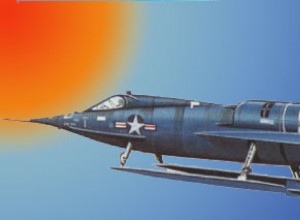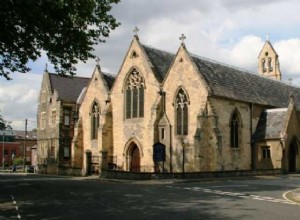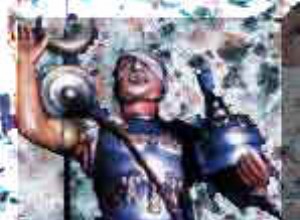The project in itself was not original:several nations had already thought, with success, of making seaplane fighters.However, it became original when the Americans imagined employing a jet fighter aircraft. endowed with supersonic characteristics. Although it never made it past the prototype stage,




